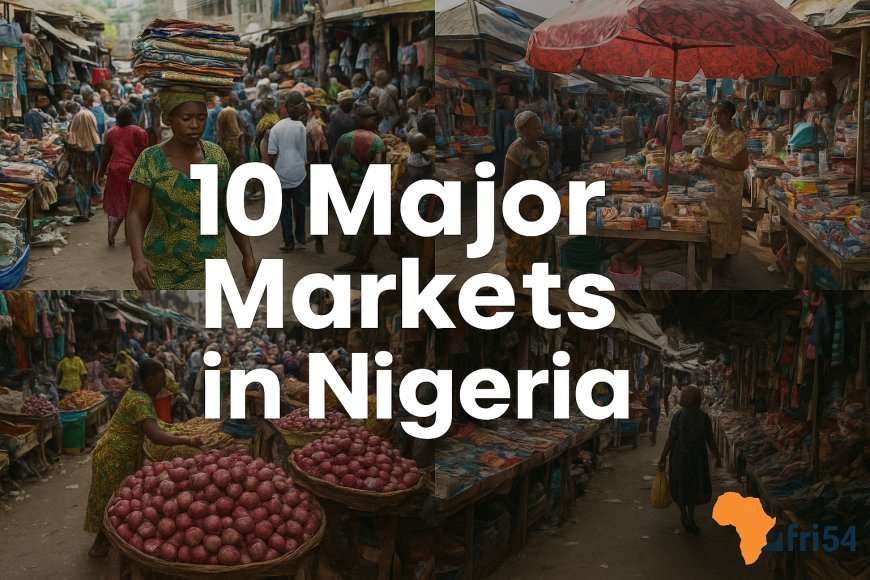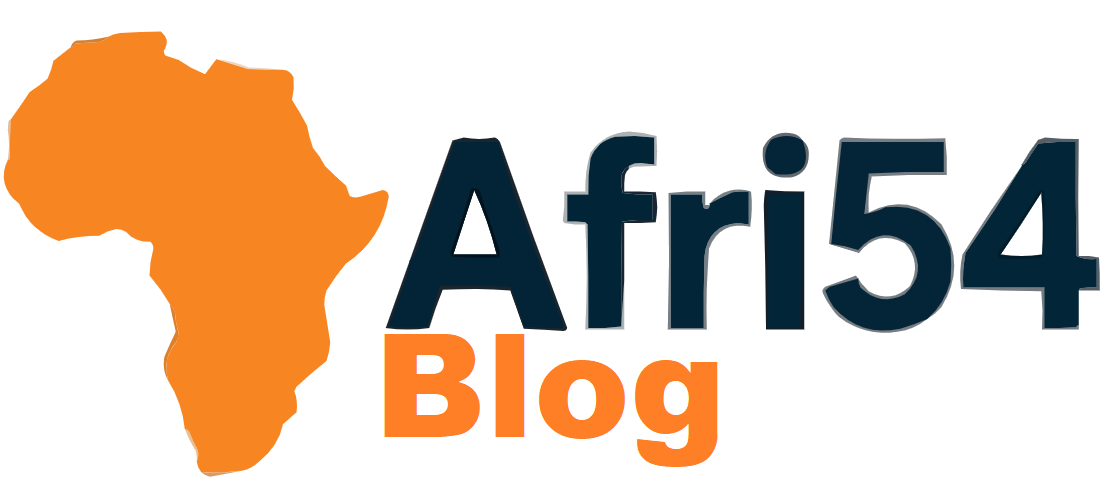Top 10 Biggest Markets in Nigeria and What You Can Find There
Nigeria’s markets are not just places to shop—they are engines of the economy. They employ millions, support local artisans and farmers, and serve as gateways for international trade. Visiting them also offers a glimpse into Nigeria’s rich culture of bargaining, entrepreneurship, and community.

Nigeria is home to some of the largest and most vibrant markets in Africa. These markets are more than just centers of trade—they are cultural hubs, meeting points, and lifelines for millions of people. From fabrics to electronics, food items to automobiles, Nigerian markets reflect the diversity and resilience of its economy. Here are the 10 biggest markets in Nigeria, their locations, and what makes them stand out.






















